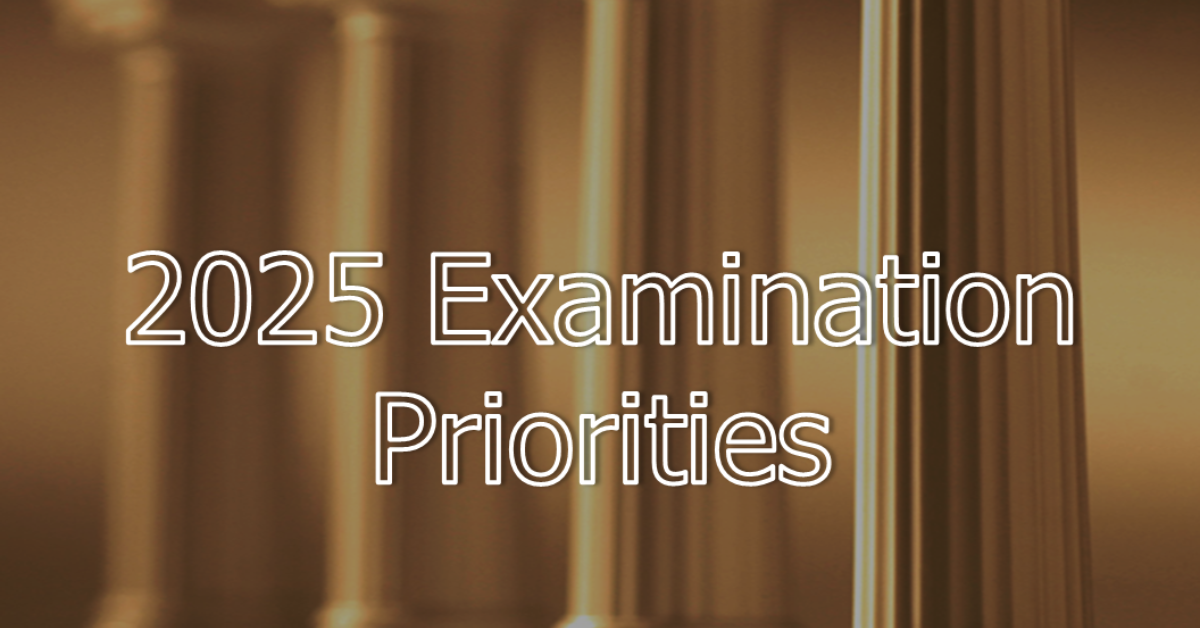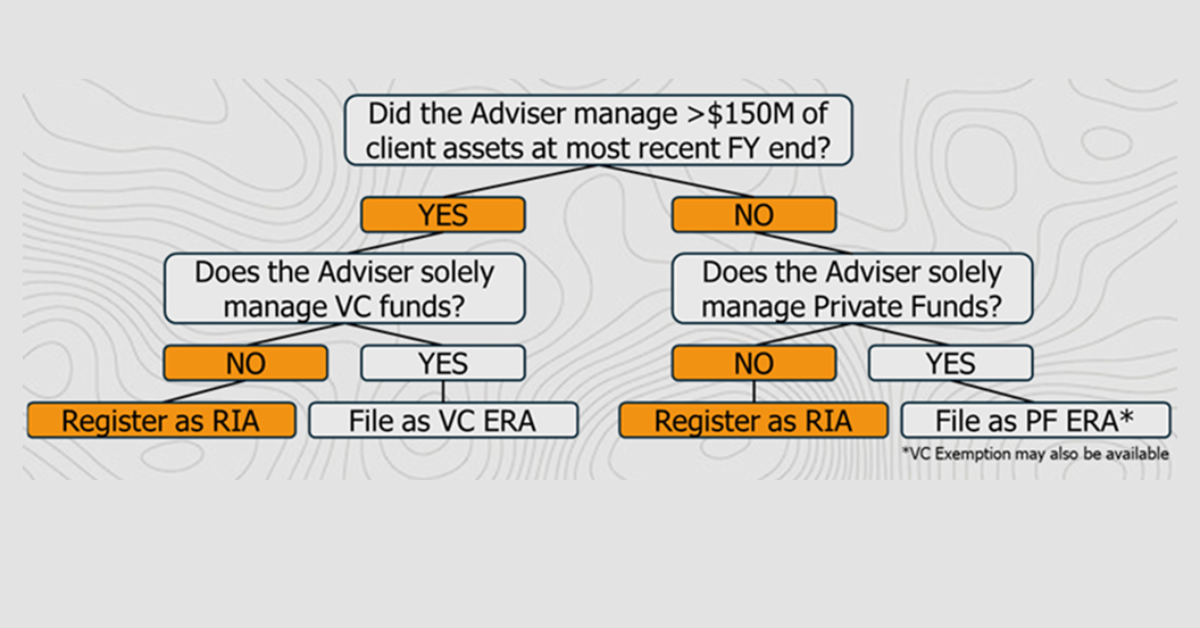On July 28, 2021, the SEC’s Fort Worth Regional Office (“FWRO”) held its annual compliance program outreach event. The speakers discussed forthcoming ESG rulemaking, cybersecurity concerns and guidance, and the Division of Examinations (”EXAMS”) most recent risk alerts regarding fixed income principal cross trades and wrap fee programs.
ESG and Related Disclosures
The SEC will continue to focus on ESG in 2022 and beyond. The speakers expressed the SEC’s ongoing concern that investor demand for ESG investing puts heavy pressure on advisers to make unsubstantiated claims to attract investors (i.e., “green washing”). As a result, the SEC plans on proposing an ESG-related rule for advisers by the spring of 2022. It will most likely include clarification and standardization of ESG related disclosures, including a standardization of ESG terminology (e.g., “green”, “sustainable”, “low-carbon”) with the goal of providing advisers and investors with a common language when it comes to ESG programs and investing. The SEC may go as far as specifying naming conventions for ESG-type private funds. The speakers suggested that advisers consult with industry experts to prepare for the upcoming rule to ensure that accurate and appropriate terms are being used as they relate to ESG. In addition, the SEC plans on proposing two additional rules this fall regarding climate change disclosures and human capital metrics as investors demand to understand workforce and human capital practices for their portfolio companies.
In the meantime, the SEC’s guidance remains the same. Advisers should have adequate policies and procedures, ensure implementation of such policies and procedures, have adequate disclosures, and follow fund mandates.
Cybersecurity
The SEC will likely release guidance for this risk area in the near future with much more specific guidelines than in the past. This will remain an exam priority in 2022. During the outreach, the speakers provided the following guidance:
- Initial and ongoing risk assessments. SEC staff is consistently disappointed with advisers’ risk assessment process and documentation. They view this as the cornerstone of any good cyber/compliance program and urge advisers to perform initial and ongoing risk assessments of their IT and cybersecurity infrastructure.
- Incident response plans. Increased cyber-attacks in the last year are pushing the SEC to focus on advisers’ response plans. While nothing new, the speakers stressed that advisers should develop a plan, be able to execute the plan, and maintain documentation of any triggering events, and subsequent response, including client/investor notification, as applicable.
- Reporting cybersecurity incidents. The SEC encourages advisers to report cybersecurity incidents and may even require advisers to report such incidents in the future. For advisers that choose to self-report, the SEC staff will make cybersecurity experts and other resources available to assist advisers with the incident response in order to help affected investors together. The SEC indicated that if an adviser has a robust cybersecurity program, the SEC will view them as a victim.
Recently Issued Risk Alerts
The outreach event included a discussion on the two most recent risk alerts. The speakers expressed a consistent theme for both: the alignment of policies and procedures, practice, and disclosures.
Fixed Income Principal and Cross Trades
EXAMs recently conducted a series of exams in which they focused on principal and cross trading and whether advisers’ policies and procedures aligned with their actual practices and disclosures. To meet an adviser’s fiduciary duty, any cross trade must be in the interest of both participating clients, have adequate disclosures, and the adviser must adopt policies and procedures that are adequately designed to prevent any conflicts of interest from breaching their fiduciary duty. The staff observed advisers who did not have policies and procedures in place, weren’t following the procedures they had adopted, did not conduct testing around their trading practices, didn’t obtain fair market prices for clients, and/or charged fees or markups that weren’t disclosed.
Wrap Fee Programs
In certain circumstances, wrap fee programs can potentially jeopardize an advisers’ fiduciary duty to clients. For example, if an adviser charges a wrap fee but seldomly or never makes any transactions for the client’s account, the wrap fee is probably not in the client’s best interest. Advisers charging wrap fees should consider whether the wrap fee is in the client’s best interest compared to a different investment advisory fee arrangement, whether transaction fees are disclosed properly, whether they have conducted compliance reviews to make the determination, and whether the wrap fee continues to meet the adviser’s fiduciary duty going forward.
About HighCamp Compliance
HighCamp Compliance is a premier, boutique compliance consulting and outsourcing firm helmed by former SEC examiners, CCOs, and proven consulting professionals. HighCamp specializes in regulatory compliance and operational support for SEC-registered alternative and institutional investment managers. The team includes specialists in private equity, real estate, and hedge funds.




